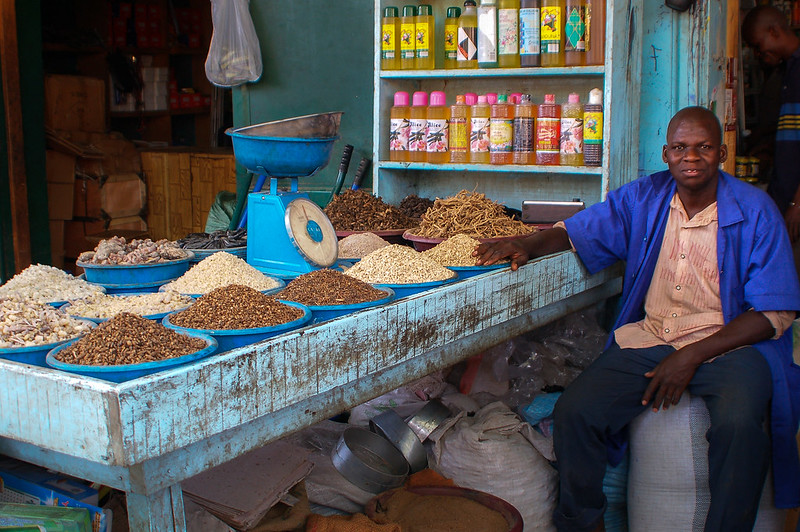 In 2022, Mali experienced an increase in its poverty rate from 44.6% to 45.4%, with an additional 1.3 million people requiring humanitarian aid, 20% of schools closed and 2.5 million individuals without health coverage. To combat these ongoing challenges, the Feed the Future initiative launched the Sugu Yiriwa Market in Mali, designed to stimulate economic growth and support disadvantaged communities.
In 2022, Mali experienced an increase in its poverty rate from 44.6% to 45.4%, with an additional 1.3 million people requiring humanitarian aid, 20% of schools closed and 2.5 million individuals without health coverage. To combat these ongoing challenges, the Feed the Future initiative launched the Sugu Yiriwa Market in Mali, designed to stimulate economic growth and support disadvantaged communities.
Sugu Yiriwa Market
The Sugu Yiriwa Market, launched in 2021 with CARE Mali and other organizations, serves 12 districts across 80 communities. This initiative focuses on three primary objectives: enhancing the quality of products, boosting income and expanding access to nutrient-rich goods. The market aims to foster a network of interconnected markets and businesses to ensure a more reliable supply of quality, necessary products and to enhance overall market access for the community.
The Sugu Yiriwa Market introduces quality products that provide essential nutrition to communities traditionally lacking access to such resources. This availability is crucial for addressing malnutrition and ensuring safer consumption options. The market also supports local farmers by offering efficient production methods and introducing new technologies that assist with pricing and weather forecasting. Additionally, these technology advancements aim to reduce post-harvest labor and enhance overall agricultural productivity.
Its Impacts
In 2023, the Sugu Yiriwa Market achieved $20 million in total annual sales, with women comprising about half of its participants, aligning with the market’s focus on empowering this demographic. The market also targeted children’s nutritional needs, successfully delivering interventions to more than 2,000 children that year. Additionally, more than 100 traders and suppliers received training in sustainable agricultural practices, enhancing food security and boosting sales.
Mali businessman, Sidiki Badian, who profits from cereal and grains, navigated a crisis when the Mali government banned cereal exports, leaving him with surplus stock. Through the Sugu Yiriwa Market, Badian engaged with ministers to facilitate a government purchase of his remaining millet. This support mechanism has bolstered local farmers and businessmen like Badian, enhancing their revenue and providing essential economic support.
Looking Ahead
The Sugu Yiriwa Market has become a vital part of Mali’s efforts to combat poverty and malnutrition. The initiative plans to expand its reach, incorporating more advanced agricultural techniques and supporting additional communities. Efforts could focus on creating more training programs for farmers and traders, to ensure sustainable growth and stability. Through ongoing initiatives, Mali can potentially make strides in improving food security and supporting local economies amid ongoing challenges.
– Dorothy Howard
Dorothy is based in Greensboro, NC, USA and focuses on Business and New Markets for The Borgen Project.
Photo: Flickr
 In recent years, the Philippines has experienced
In recent years, the Philippines has experienced 